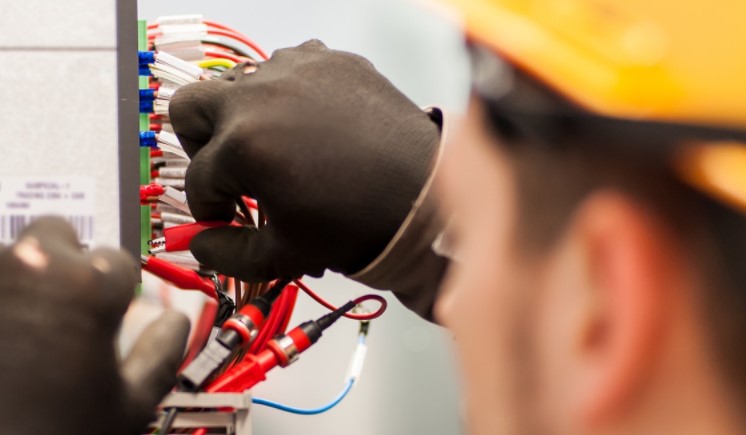If you have ever wondered what an electrician does, you’re not alone. The electrician profession has evolved to include many types of experts in electrical work. Listed below are four common job descriptions for bay area electrical contractor, including industrial, outside, and IBS electricians. If you want to know more about what each one does, read on! Also, be sure to check out our articles on the different types of electrical contractors, including linemen. We’ve got an in-depth look at what these professionals do and where they fit in.
Industrial electrical contractors
The best industrial electrical contractors are fully licensed, bonded, and highly dependable. Their team is comprised of experienced journeymen and master electricians, and they have industry-leading equipment and parts inventory. You can choose from residential, commercial, institutional, or governmental electrical contractors. The more specializations they offer, the better. You should always look for these qualities in an electrician. Here are some tips to choose the best industrial electrician for your business.
Industrial electrical contractors may be called upon to supervise, advise, and perform all aspects of electrical construction. Some projects require specialized services that include all aspects of technological services, such as a telemetry system. Industrial electricians have high-level thinking skills and a thorough understanding of the work involved in complex heavy industrial projects. They also know how to identify safety hazards. This means they must have extensive knowledge of the electrical systems and equipment they will install.
Outside electricians
Outside electricians do a variety of electrical work. They work with different types of voltages, including low-voltage systems. They install, maintain, and repair a wide variety of electrical systems, from fire and smoke alarms to fiber optics networks and cable television. They can also provide installation and maintenance services for security systems and closed-circuit television systems. The range of services that they can perform is as broad as their training and experience.
Outside linemen, on the other hand, work mainly on power lines and make sure they run safely. These electrical workers are usually required to work outdoors in inclement weather. They work on transmission lines and power lines and may even be required to repair power outages. They may be required to trim trees and assemble electrical substations. Outside linemen are different from service electricians, who specialize in troubleshooting and repairs of electrical systems and wiring.
IBS contractors
To compete in the IBS market, electrical contracting firms must differentiate themselves from their competition. While electrical contracting issues are important, they often take a back seat to other issues such as people management, labor, and customer perception. In order to grow and prosper in this market, electrical contracting firms must diversify and change their business models. The following are some suggestions to help them differentiate themselves from their competition. Let’s look at some of them.
Integrated building systems electricians, also known as voice/data/video electricians, work with the technology that makes a home or office run. They perform their work in the perimeter and interior of a building, installing technical products such as fiber optic infrastructure, wireless networks, and climate controls. Some of these technologies may be connected to one another, which makes their job more challenging. This type of work is considered high-end, requiring specialized training and knowledge of technology.
Linemen
If you have a knack for math and electronics, a career as a lineman may be right for you. While linemen don’t necessarily need a college degree, employers are looking for people with experience with electrical systems and electronics. Some employers require lineman applicants to complete an apprenticeship program before they can begin working. These programs may last anywhere from a few weeks to a month and offer instruction on safety, electrical theory, and practical application.
Read More: How Residential Electrical Services In Los Angeles CA Can Save You Money

